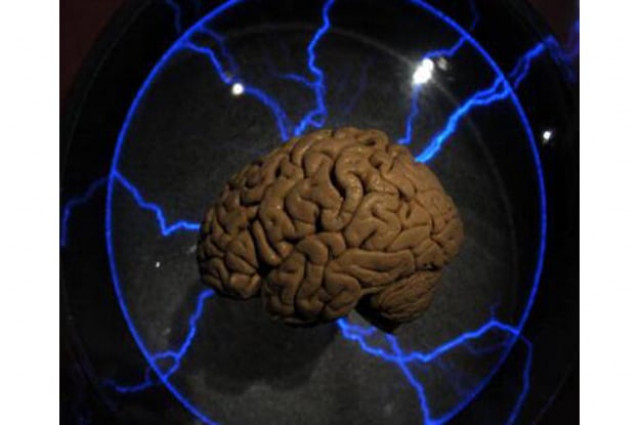Respect for all: TRH combats stigma attached with mental disorders
The seminar focused on the importance of treating mental health patients with dignity

The seminar focused on the importance of treating mental health patients with dignity. PHOTO: AFP
She was speaking at a seminar, titled 'When it comes to human dignity, we cannot make compromises', organised by the TRH on Saturday. The seminar was held in connection with the World Mental Health Day, marked on October 10 across the globe.
Social stigma
"Kia main pagal hon? [Am I crazy]? is the most common question our patients ask us," she pointed out. People with mental health illnesses are stereotyped and ostracised in our society, she said.

Dr Ambareen defined stigma as a mark of shame. People with mental illnesses are looked down upon and not treated with respect. People also make fun of them and they are never taken seriously, she said, adding that they are also subjected to abuse. "People with mental disorders should be treated with respect and dignity."
According to a survey conducted by the team working at a free mental health clinic sponsored by the Pakistan Mental Health Association in Saddar, around half the people interviewed admitted they will not like to disclose their illness, shared Ambareen. Patients as well as their family members participated in the survey.
Key facts
Around 500 million people around the world are suffering from mental health disorders, said Ambareen. More than 60 per cent people don't seek any form of treatment even in developed countries, she added.
Mental health and recovery
In our daily lives, we conveniently use the phrase "I am depressed" when we want to imply we are sad. What many people don't realise is that depression is a serious mental disorder, said a UK-based senior consultant psychiatrist, Dr Samina Matin.
"If a mental illness is detected at an early stage it can be treated while diagnoses at a later stage can damage the brain," she explained.
Dr Matin added that almost six decades ago, there was no proper or ethical treatment for mental health disorders. "We are lucky to have been born in an era when treatments are available for mental disorders,'" she said.
Published in The Express Tribune, November 9th, 2015.



















COMMENTS
Comments are moderated and generally will be posted if they are on-topic and not abusive.
For more information, please see our Comments FAQ